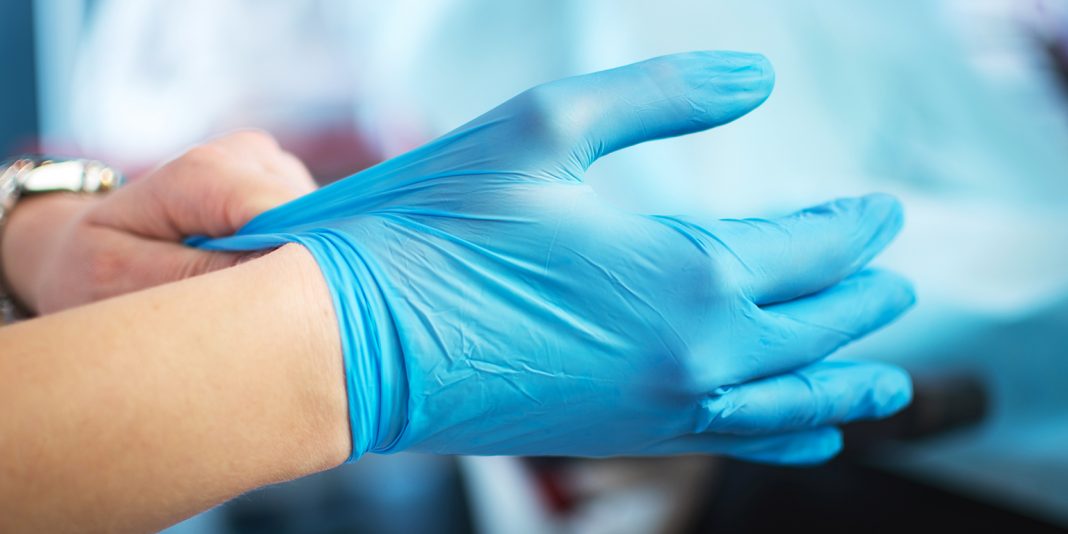NAME: Marianne Te Tau (no Tainui me Te Arawa au)
JOB TITLE: Clinical nurse specialist, Anaesthetic Preoperative Assessment Clinic (APAC), Dunedin Public Hospital, Southern DHB
Nursing and other qualifications/awards:
- Bachelor of Nursing 2004 (Otago Polytechnic)
- Bachelor of Nursing (first class honours) (while completing new graduate programme at Dunedin Hospital)
- Toi Paematua Raranga (Diploma in Traditional Māori Weaving) 2009 (Te Wānanga o Aotearoa)
- Aoraki Bound 2012 (Kai Tahu and Outward Bound course)
- Level 4 Professional Development and Recognition (PDRP) portfolio 2013 (Southern DHB)
- Master of Nursing (with Merit) 2014 (Massey University, Albany)
- Ngā Manukura o Āpōpō Leadership Course 2015 (marae-based course for Māori nurses and midwives at Tuahiwi Marae, Christchurch)
- Southern DHB Nursing Excellence Award 2016 (plus recipient of Dunedin North Rotary scholarship for professional development)
Briefly describe your initial five years as an RN.
I started nursing in Older Person’s Health (medical/rehabilitation/psychiatric). I believe Older Person’s Health is a great platform to embed the fundamental skills taught in the nursing degree. I stayed on for six months after completing the new graduate programme for this reason, before transferring to general surgery. I worked in a number of areas within general surgery, including the surgical ward, surgical pre-admission, day of surgery admission, and as the follow-up coordinator.
Did you have a career plan (vague or definite) on becoming an RN? And how did those first five years influence your subsequent career?
Not really, a wise nurse once said we do not know the jobs we will be doing in the future as they are yet to be created. When I graduated with my BN degree, my philosophy of nursing practice had three parts under the kaupapa of cultural safety (kawa whakaruruhau). These aspirations still resonate with me today:
- Reflective practice (i ngā wā ō mua), we take our experiences with us into the future, so we must take time to reflect.
- Professional development (te ao marama), we all have a responsibility to continue learning as nursing practice continually changes.
- Self-determination (tino rangatiratanga), to work in a patient/whānau-centered, respectful and appropriate manner with all patients coming into this (foreign) environment. This concept also extends to tino rangatiratanga as a nurse and to value others in the multi-disciplinary team.
What led you into your current field or specialty?
I saw an opportunity to improve the patient’s elective surgery experience. I wanted to provide an opportunity to optimise patient health and ensure patients felt informed prior to elective surgery.
What skills or stepping stone jobs do you think were particularly helpful and/or necessary in reaching your current role?
- Knowledge and understanding of pre and post-op care of the surgical patient, including discharge planning. Preoperative assessment is a valuable time to walk through the elective surgical experience, while ensuring patients feel informed and supported during a potentially vulnerable time.
- The follow-up coordinator role was an autonomous position that required a critical lens to review patient progress and promote optimal post-op recovery. It was also the avenue to oversee complex, long wait cases that needed intensive management.
What personal characteristics do you believe are particularly important for nurses working in your role?
A positive attitude, great communication skills, flexibility, patience, being proactive, organised and always looking to improve.
What career advice would you give to nurses seeking a similar role to yours?
- Know yourself and work to your strengths.
- Have good support and mentors.
- Be self-caring and have a good work/personal life balance.
Describe your current role and responsibilities.
- I take care of the operational aspects of APAC at Dunedin Hospital, including:
- running APAC at Dunedin Hospital, including day-to-day rostering and organising leave cover
- being a resource person by providing leadership, mentoring, training and support to staff in APAC
- working alongside a team of registered nurses, a healthcare assistant, and the consultants and registrars rostered to clinic, with accountability to the APAC manager
- providing presentations about APAC
- problem-solving any operational issues and ensuring APAC processes are robust
- working closely and collaboratively with the consultant clinical leads to manage quality issues
- working closely with the surgical specialties
- maintaining the APAC electronic database and initiating quality improvements
- ensuring collaboration between Dunedin and Southland sites via the Anaesthetic Preoperative Assessment Governance Group.
- I am a member of the Perioperative Nurses College and the Gerontology Section of NZNO.





















